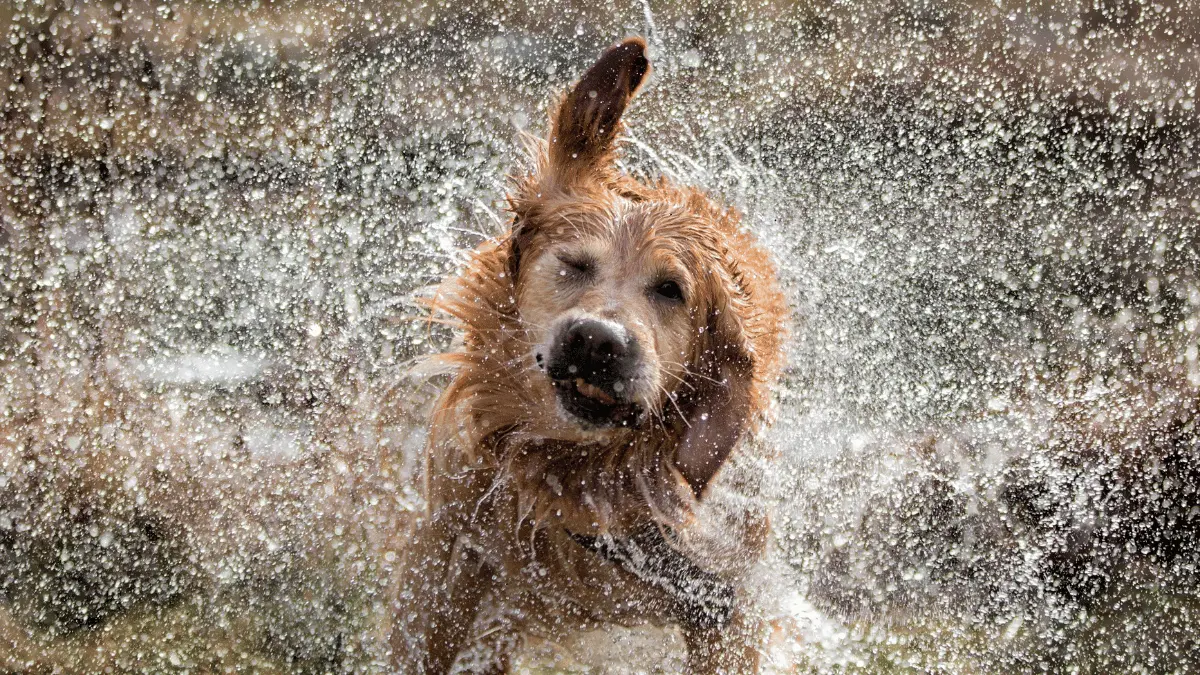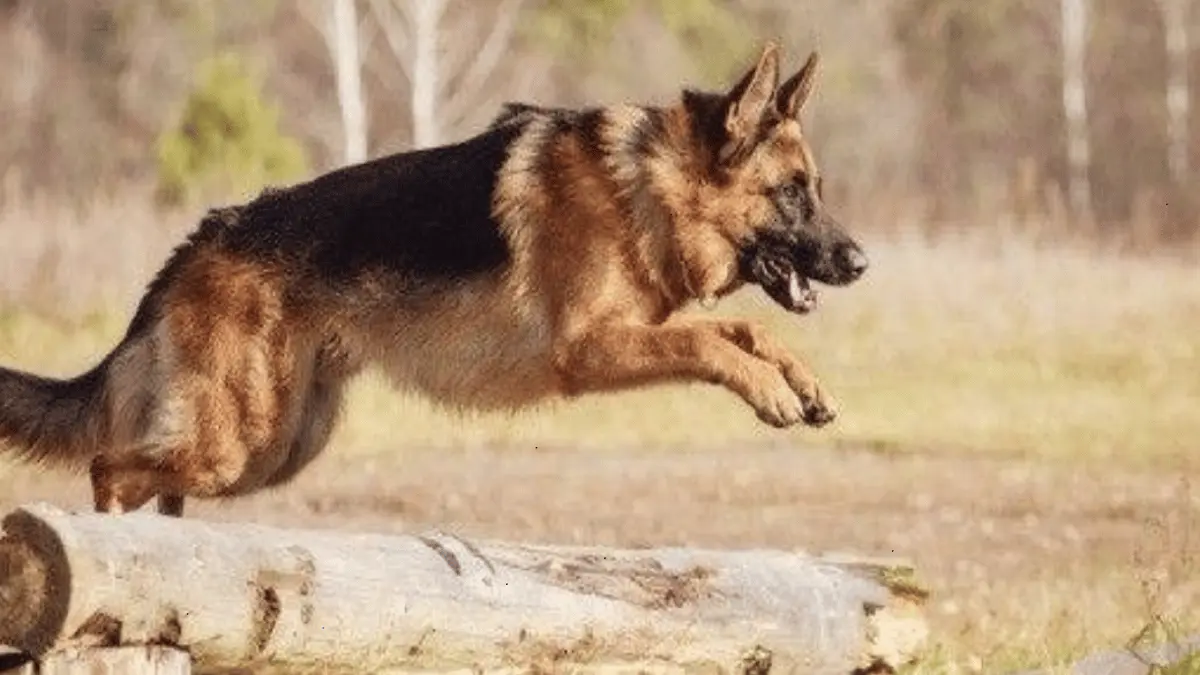Here’s Why Dogs Shake Their Fur
Discover the reasons behind dogs shaking their fur and learn how it impacts their health and behavior in our latest blog post!
Have you ever wondered why your furry friend shakes so vigorously after a bath or a playful romp outside? This seemingly random behavior is actually a well-adapted mechanism that serves several important purposes. Let’s explore the reasons behind this canine quirk.
1. Drying Off: The Most Obvious Reason
The most straightforward explanation for a dog shaking their fur is to remove excess water. After a bath, swim, or a rainy walk, their coat becomes saturated. By shaking, they can effectively expel the water, helping them dry off more quickly. This is particularly important in colder climates to prevent hypothermia.
2. Removing Dirt and Debris: A Cleaning Mechanism
Shaking can also help dogs remove dirt, debris, and other unwanted particles from their fur. When they play outside, they can pick up grass, leaves, twigs, or even small insects. By shaking, they can dislodge these foreign objects, keeping their coat clean and healthy.
3. Regulating Body Temperature: A Cooling Mechanism
In addition to drying off, shaking can also help dogs regulate their body temperature. When they become overheated, they can shake to cool themselves down. This is a natural cooling mechanism that helps them maintain a comfortable body temperature, especially in hot weather.
4. Communicating with Other Dogs: A Social Signal
Believe it or not, shaking can also serve as a social signal. When dogs shake their fur around other dogs, it can be a way of greeting or playing. It can also be a sign of submission or a way to defuse tension in a social situation.
Shaking is a normal and healthy behavior for dogs. It serves multiple purposes, from drying off and removing dirt to regulating body temperature and communicating with other dogs. Understanding why dogs shake can help you appreciate this fascinating aspect of canine behavior.
Keywords: dog shaking, canine behavior, dog grooming, dog health, dog training, animal behavior, pet care, pet tips, dog facts
FAQs
Why do dogs shake their fur after a bath?
Dogs shake their fur to remove excess water and dirt. This is a natural instinct that helps them stay clean and dry.
How do dogs shake their fur so effectively?
Dogs have a complex system of muscles that allows them to shake their bodies with incredible force. This helps them to expel water and dirt from their fur.
Is shaking harmful to dogs?
No, shaking is a normal and healthy behavior for dogs. In fact, it can help to prevent skin problems by keeping their fur clean and dry.
Can I stop my dog from shaking?
It is not recommended to try to stop a dog from shaking. This is a natural behavior that is important for their health.
When do dogs shake their fur the most?
Dogs often shake their fur after a bath, but they may also shake when they come out of the water or when they are wet from the rain.
Further Reading
- Here’s Why Dogs Shake Their Fur This article discusses several reasons why dogs might shake, including stress, relaxation, and physical discomfort.
- Why Do Dogs Do Those Random Shake-Offs? This article explores reasons why dogs shake off, including after a bath, when stressed, or after playing.
- Ask a Dog Trainer: Why Do Dogs Shake Off Their Bodies? This article covers reasons why dogs shake their bodies, including drying off, removing dirt and debris, and relieving stress.
- Do Dogs Shake Their Coats? This article discusses how shaking is a natural behavior for dogs and serves multiple purposes, including removing dirt and debris, drying off, and relieving discomfort or stress.
- Why Does My Dog Shake? This article explores what causes dogs to shake their heads, bodies, and fur, including drying off, releasing tension, or showing excitement. It also mentions that shaking can sometimes indicate an underlying medical condition.
- Why Is My Dog Shaking? This article provides information on several possible reasons for shaking, including anxiety, low blood sugar, and poisoning.















